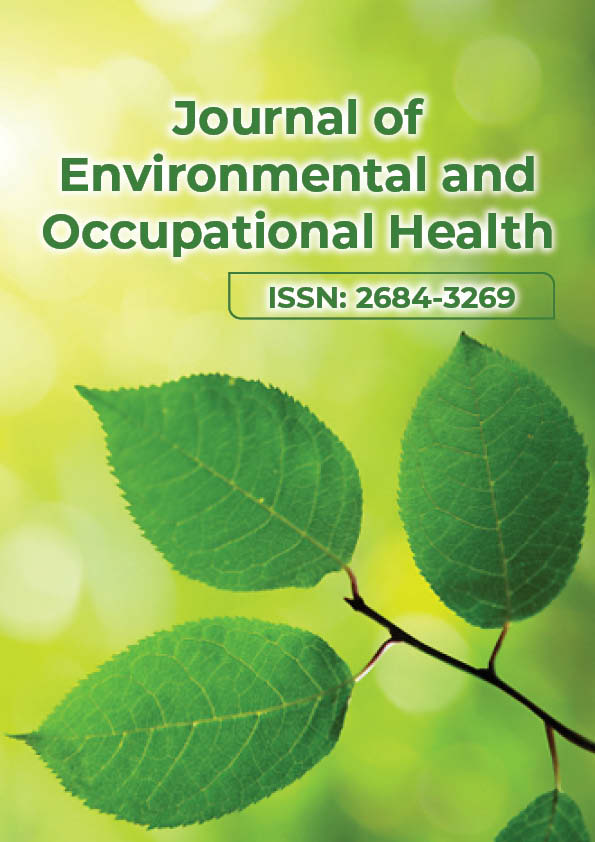Emotional Intelligence and Burnout Among Otorhinolaryngology?Head and Neck Surgery Residents
Abstract
Abdulelah M. Sharaf*, Isra H. Abdulla, Abdullah M. Alnatheer, Aghadir N. Alahmari, Omar A. Alwhibi, Ziyad Alabduljabbar and Feras M. Alkholaiwi
Aim: To investigate the relationship between Emotional Intelligence (EI) and burnout among Otorhinolaryngology–Head and Neck surgery residents.
Methods: This cross-sectional study examined 51 residents in different Otorhinolaryngology–Head and Neck surgery programs at different hospitals in Saudi Arabia using a survey conducted from January to March 2021. The questionnaire had different validated measurements of burnout and included the Trait EI Questionnaire- Short Form, the Maslach Burnout Inventory-Human Services survey, and questions regarding demographics and job satisfaction.
Results: Of all residents surveyed, 17.6% had a high risk of burnout, 39.2% had Emotional Exhaustion (EE), 29.4% had Depersonalization (DP), and 43.1% had a low sense of Personal Accomplishment (PA). A statistically significant negative association was observed between total EI score and EE (r= -0.577, p<0.001) and DP (r= -0.765, p<0.001), indicating that higher total EI scores were associated with lower EE levels.
Conclusions: Positive associations existed between high levels of EI, PA, and satisfaction with both surgical skills and specialty choice. Therefore, residency programs should use the EI modifiers as tools to reduce the risk of burnout.
HTML PDF




